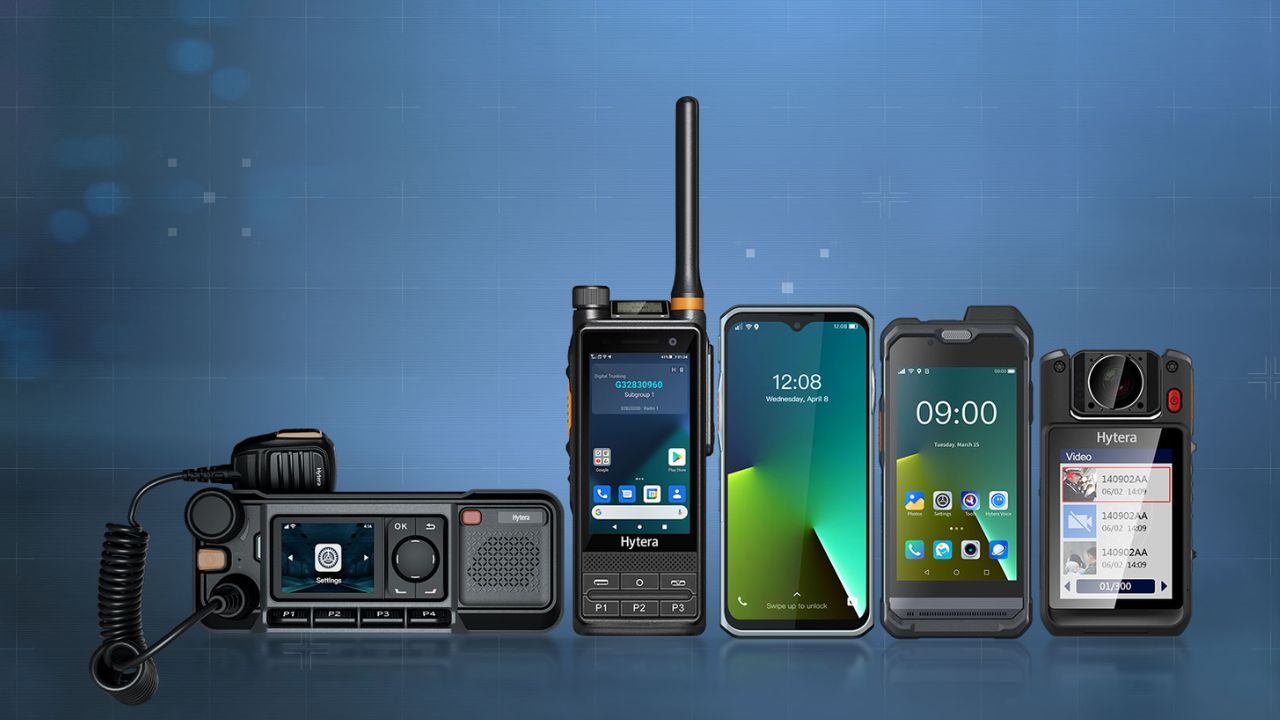Compared to alternative radio communication methods, Terrestrial Trunked Radio (TETRA) technology has a number of significant advantages. Its focus on encrypted and secure communication guarantees the privacy of sensitive information, which makes it particularly appropriate for sectors like public safety and defense. Even in difficult settings, TETRA offers reliable voice communication that is clear and efficient for both individual and group calls.
Reliability, power efficiency, and thorough network management of TETRA further establish the technology’s standing as a top player in a variety of industries. To study more about TETRA click on the link visit hytera.com. Its compatibility, efficient use of spectrum, and ability to prioritize important communications guarantee smooth operations across many networks, further making it a top option for industries needing dependable and secure communication.
Advantages of Terrestrial Trunked Radio
When it comes to radio communication systems, Terrestrial Trunked Radio (TETRA) technology is the preferred option in many vital and professional industries due to its many advantages over alternative systems. The main benefits that set TETRA apart from other radio technologies are as follows:
Encrypted And Secure Communication
TETRA’s encryption powers provide encrypted communication, adding an extra degree of secrecy to the exchange of sensitive data. This capability is essential for maintaining the privacy and security of communications in fields involving sensitive data, such as public safety, defense, and other businesses.
Effective And Reliable Voice Communication
TETRA is exceptional at providing voice communication, ensuring dependable and clear transmission even in difficult settings. Its infrastructure is perfect for guaranteeing dependable and effective voice communication across a variety of applications and sectors because it allows both individual and group calls.
Extensive Data Services
Text messaging, telemetry, location-based services, and status updates are just a few of the data services that TETRA supports in addition to voice communication. This all-inclusive set of data services enhances communication capacities and makes a wide range of information exchanges smooth and easy.
Compatibility & Interoperability
TETRA’s compatibility enables smooth connection between various networks and gadgets. TETRA’s interoperability guarantees efficient coordination and communication in urgent situations requiring several agencies or organizations to work together, facilitating quick and coordinated response operations.
Improved Spectrum Efficiency
TETRA, which uses Time Division several Access (TDMA) technology, maximizes the utilization of available spectrum by allowing several users to communicate on the same channel without interfering with one another. Increased capacity and effective spectrum usage are the outcomes, giving this technology a major advantage over competing ones.
Priority and Pre-emption Capabilities
In an emergency, vital communications can take precedence thanks to TETRA systems’ support for priority and pre-emption features. This feature guarantees timely delivery of crucial messages during high-priority activities or crises.
Versatility and Adaptability
TETRA is scalable and versatile, making it appropriate for a wide range of industries, including utilities, the transportation and public safety sectors, as well as industrial sectors. Because of its adaptability to different operational needs, it’s a great option for a wide range of sectors.
Redundancy and Resilience
TETRA networks are renowned for their redundancy and resilience, enabling continuous communication even in trying circumstances or during crises. Redundancy measures built with the technology guarantee operational continuation, which is essential in emergency situations.
Efficient Power Consumption
TETRA systems are made to use as little energy as possible, giving mobile devices longer battery lives. This benefit is especially important for those operating in distant or field locations where power sources may not always be readily available.
Extensive Network Administration
System administrators can effectively monitor and administer the network thanks to TETRA infrastructure’s centralized administration and control. This control ensures optimal performance by providing flexibility in making updates or adjustments as needed.
Conclusion
The advantages of TETRA technology over other radio communication systems can be attributed to its emphasis on secure and encrypted communication, dependable voice and data transmission, interoperability, efficient use of spectrum, priority communications, resilience, adaptability, and thorough network management.

